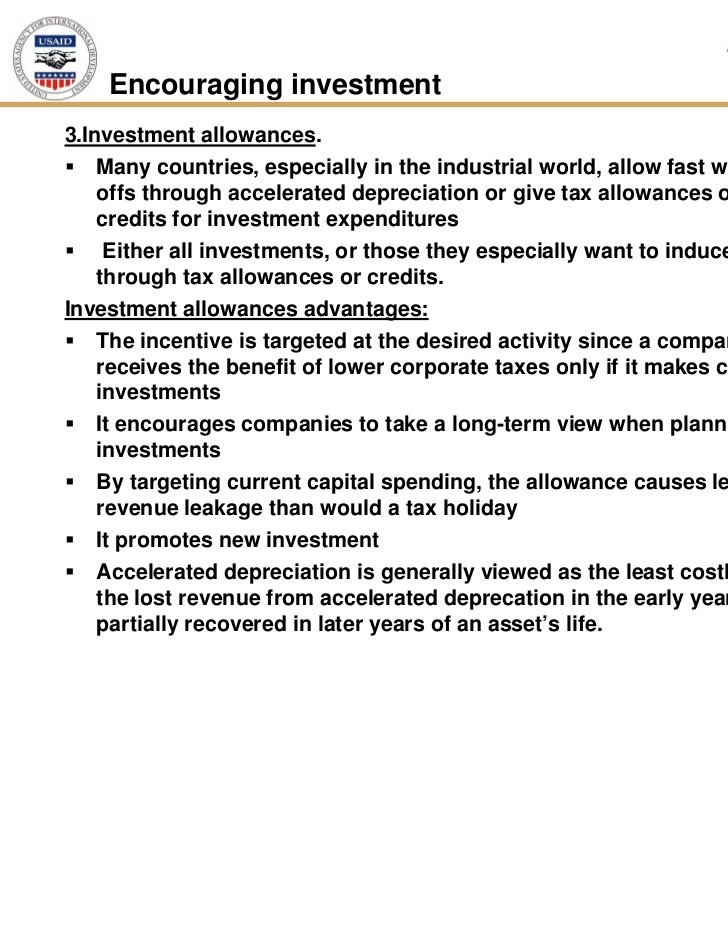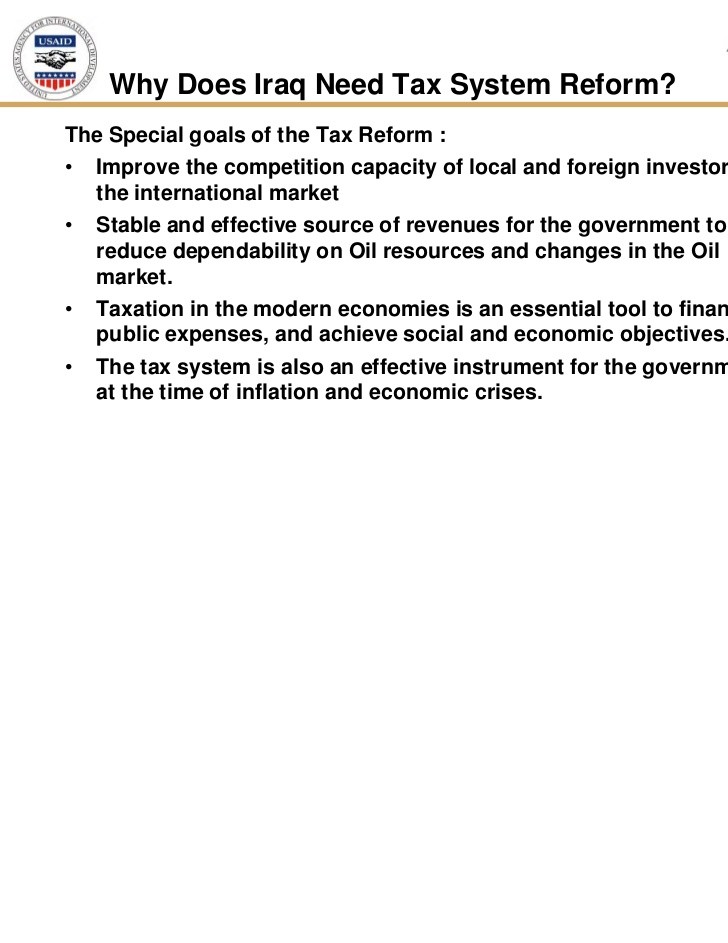Get A Tax Credit For Your Foreign Investments_1
Post on: 14 Май, 2015 No Comment

Using your money to try to make more money or gain assets is called investing. Profits or returns you make on your investments usually become part of your income for tax purposes. Many expenses relating to your investment are tax deductible — for example, interest on money you borrow to buy shares.
If you are investing in rental property, refer instead to Guide to property .
End of attention
Australian residents for tax purposes are taxed on their worldwide income, so whether you have investments in Australia or overseas there are likely to be tax implications in obtaining, owning and disposing of them.
Understanding how tax works in relation to your investment helps ensure you don’t pay more tax than you need to, which we refer to as being ‘tax-effective’.
Organising your financial affairs to give yourself the greatest tax advantage is called tax planning and is legitimate when you do it within the letter and the spirit of the law. By checking out investment opportunities before you invest and understanding the tax aspects of your investments you get your tax return right and don’t pay more tax than you need to.
Keeping good records
Good records allow you to report your income accurately and claim all the deductions you are entitled to, including when you work out your capital gain or capital loss if you dispose of your investment.
Bank accounts and income bonds
Bank interest and bonuses from income bonds are income for tax purposes, even if you are a non-resident or the account is in a child’s name. Financial institutions take tax at the highest marginal tax rate out of your interest when they don’t have your tax file number (TFN). You can claim a credit for this withheld tax on your tax return.
Dividends (income from shares) are income for tax purposes. You can claim deductions for costs related to the dividend income, such as management fees and interest on money you borrowed to buy the shares. There are also other tax implications in obtaining, owning and disposing of shares, including shares in employee share schemes (ESS).

Managed investment trusts
There are a number of specific requirements relating to managed investment trusts. You need to include income or credits you receive from a trust investment product in your tax return but you can’t claim deduction amounts the trust has already claimed.
Making capital gains and capital losses
Your capital gain (or capital loss) on your investment is the difference between what it cost you to get and keep the investment and what you received when you disposed of it. You need to include any capital gains in your tax return, although you can offset them against capital losses.
Foreign investments
Australian residents for tax purposes are taxed on their worldwide income, so if you made a capital gain on an overseas asset, have interests in foreign companies or foreign trusts, or have a foreign life insurance policy, you need to tell us about your income from these investments on your tax return.
Australian residents are taxed on their worldwide income, so whether you have investments in Australia or overseas there are tax aspects to obtaining, owning and disposing of them. Find out how to meet your obligations and make sure you don’t pay more tax














